DONETSK REGION, Ukraine (AP) — Relentless Russian attacks on Ukrainian positions defending the strategically important eastern town of Chasiv Yar are disrupting troop rotations and the delivery of some supplies, soldiers in the area say.
Russian troops are seeking to press their advantage in troop numbers and weaponry before Ukrainian forces are bulked up by promised new Western military aid that is already trickling to the front line, analysts say.
The Kremlin’s military has been hitting civilian targets just as hard, using powerful glide bombs that obliterate buildings and leave huge craters. Its monthslong campaign to cripple Ukraine’s electricity supply aims to sap public morale and deny energy to Ukraine’s burgeoning arms industry.
Attacks on such civilian targets brought arrest warrants from the International Criminal Court on Tuesday for former Russian Defense Minister Sergei Shoigu and military chief of staff Gen. Valery Gerasimov for alleged war crimes. Judges said there is evidence they “intentionally caused great suffering or serious injury to body or to mental or physical health” of Ukrainian civilians.
For Ukrainian soldiers defending the eastern Donetsk region, the Russian ground assaults and aerial barrages allow little respite after more than two years of war.
“We work, you could say, without rest,” said a platoon commander who, in line with his brigade’s rules, identified himself only by his first name, Oleksandr.
“So no two days are alike. You always need to be ready to work day and night,” he told The Associated Press on Monday.
His platoon is part of Ukraine’s 43rd Artillery Brigade. It dashes to positions and without delay fires a Soviet-era Pion self-propelled howitzer at Russian positions before it can be targeted itself.
Holding Chasiv Yar is crucial. The town, highly sought-after due to its strategic location and elevated position but now largely in ruins, lies to the west of neighboring Bakhmut, which was captured by Russia last year after a 10-month battle.
Ukraine is racing to stabilize parts of the about 1,000-kilometer (620-mile) front line after badly needed military assistance was approved by the United States in April. A six-month delay in U.S. aid threw Ukraine’s military onto the defensive.
Members of the artillery brigade in Chasiv Yar reported that supplies of American ammunition have started to arrive.
The U.S. is expected to announce this week an additional $150 million in critically needed munitions to Ukraine, and Czech Prime Minister Petr Fiala said Tuesday that the first shipment of ammunition under a Czech initiative has been delivered to Ukraine.
Separately, U.S. Defense Secretary Lloyd Austin spoke by phone with Russian Minister of Defense Andrei Belousov.
Pentagon spokesman Maj. Gen. Pat Ryder said Austin emphasized the importance of maintaining lines of communication amid the war. The last time Austin, who initiated the call, spoke to his Russian counterpart was with then-minister Shoigu on March 15, 2023. There was no immediate report of the call by Russian officials.
The Czechs are looking to acquire from countries outside the European Union at least 800,000 artillery shells that Ukraine badly needs. The war has drained stockpiles in Europe, the U.S. and Russia.
The Institute for the Study of War, a Washington-based think tank, said it will take time for the effects of the new Western weaponry to be felt on the front line.
Meanwhile, it said, “Russian forces are attempting to make tactically and operationally significant gains” before it arrives.
Elsewhere, the Kremlin’s forces kept up their barrages of civilian infrastructure with three aerial strikes in the northeastern Kharkiv region Tuesday, local officials said, though nobody was injured.
Russia has pounded Kharkiv in recent months, apparently to draw some Ukrainian forces away from the defense of Donetsk while trying to create a buffer zone to prevent cross-border Ukrainian attacks.
Russian launched 42 glide bombs against the Kharkiv region in the previous 24 hours, authorities said Tuesday.
In other developments, the Russian Defense Ministry and Ukrainian President Volodymyr Zelenskyy announced that each side had released 90 war prisoners to the other in an exchange mediated by the United Arab Emirates. The Emirati Foreign Ministry said it was the fifth swap mediated by the country this year alone.
The deal “is the outcome of the UAE leveraging its distinct ties and partnership with both sides, including as a reliable mediator among both parties,” the UAE said in a statement.
Zelenskyy said the swap included troops across the country’s military and its border guard, including those who fought at the Russian-occupied city of Mariupol, the Chernobyl nuclear power plant and other regions.
Also Tuesday, Moscow responded to the EU’s decision to suspend the broadcasting activities of Russia’s Voice of Europe, RIA Novosti, Izvestia and Rossiyskaya Gazeta by banning the broadcasts of 81 European media outlets.
“The Russian side has repeatedly warned that politically motivated repressions against Russian journalists and unfounded bans of the Russian media in the EU won’t go unanswered,” the Russian Foreign Ministry said in the statement.
___
Associated Press writer Jon Gambrell in Dubai, United Arab Emirates, contributed to this report.
___
Follow AP’s coverage of the war in Ukraine at https://apnews.com/hub/russia-ukraine
This article first appeared on APnews.com

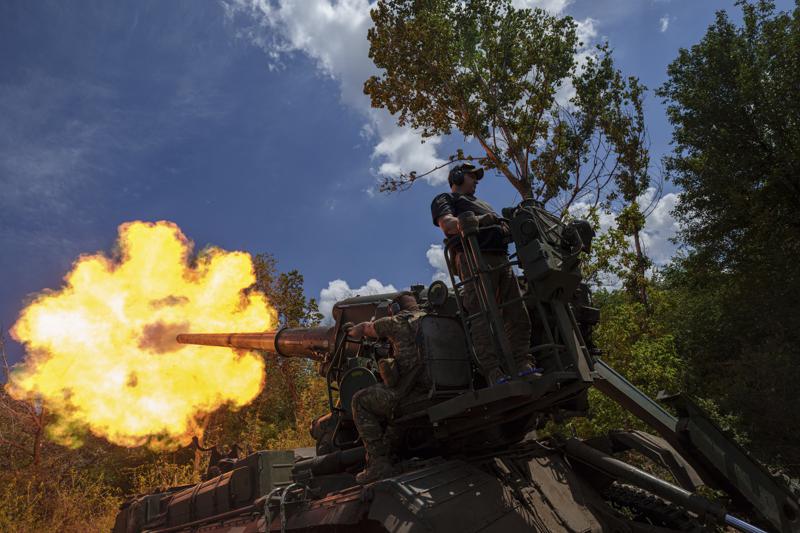

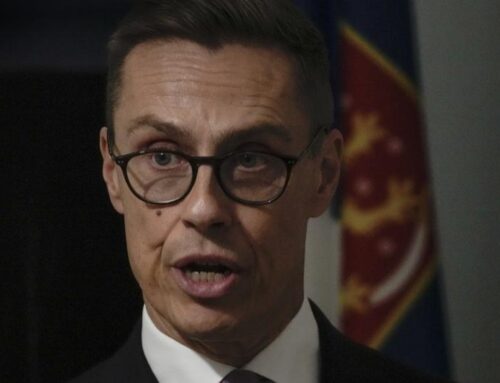
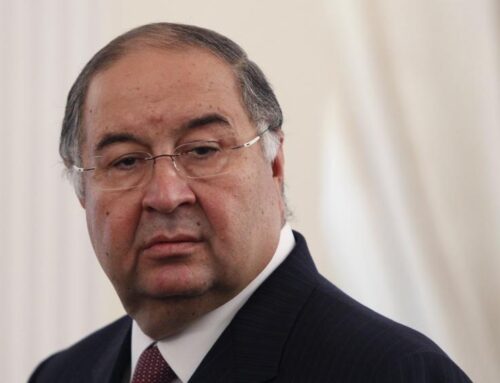
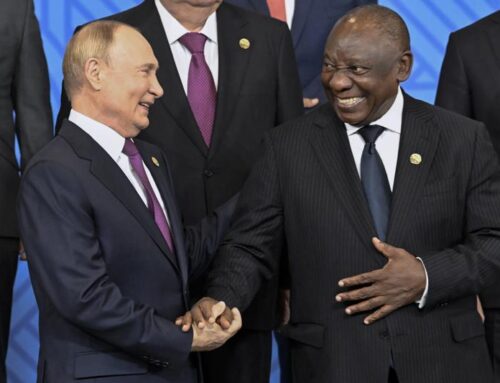
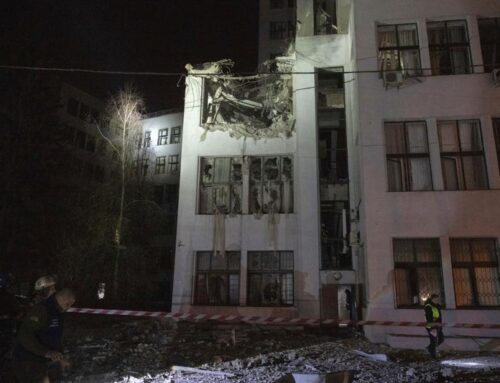

Leave A Comment